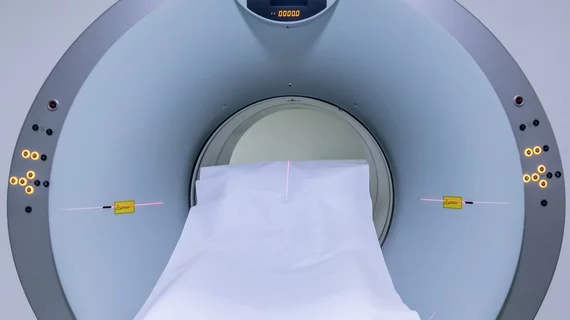Helium shortage prompts new sense of urgency in the medical imaging community
Experts in the healthcare space are growing increasingly concerned about the worldwide helium shortage and its resultant impact on the field of magnetic resonance imaging, NBC News recently reported.
Helium is vital for keeping MRI machines cool while they run. Without it, the scanners—some of which require up to 10,000 liters to operate during a machine’s lifetime—cannot safely function. But in recent years the world’s supply of helium has raised heightened concerns, and some suppliers have begun to ration the nonrenewable element.
Although this has been going on for a decade or more, the most recent news cycle on the subject appears to have an added sense of urgency. But for what reason?
As with most supply issues that have arisen over the past three years, the pandemic has inevitably left some fingerprints on the supply and distribution of helium. The war in Ukraine also has had a significant impact on helium availability. Until recently, Russia was expected to supply up to one-third of the world’s helium from a huge production facility in Siberia, but a fire at the facility delayed that rollout, and Russia’s war in Ukraine has further soured its trading relationship with the United States. All these factors have combined to exacerbate supply chain issues.
The U.S. supplies approximately 40% of the world’s helium, but four out of five of the country’s major suppliers have begun rationing, Phil Kornbluth, president of Kornbluth Helium Consulting shared with NBC news. Much like suppliers involved in the recent iodinated contrast shortage, helium vendors are turning to mitigation strategies that include prioritizing industries with the most vital needs, such as healthcare.
These moves have not yet translated into the cancellation of imaging exams, but they have delivered some proverbial punches to the science and research community. Many research projects at Harvard University were completely shut down due to the shortage, and the University of California, Davis recently shared that one of their suppliers cut their allocations by half, regardless of whether it was used for medical purposes.
This issue has gained the concern of MRI manufacturers as well. Companies like GE Healthcare and Siemens Healthineers have been in the process of developing equipment that is more efficient and will require less helium. However, these technologies are not yet widely available.
To learn more, click here.

